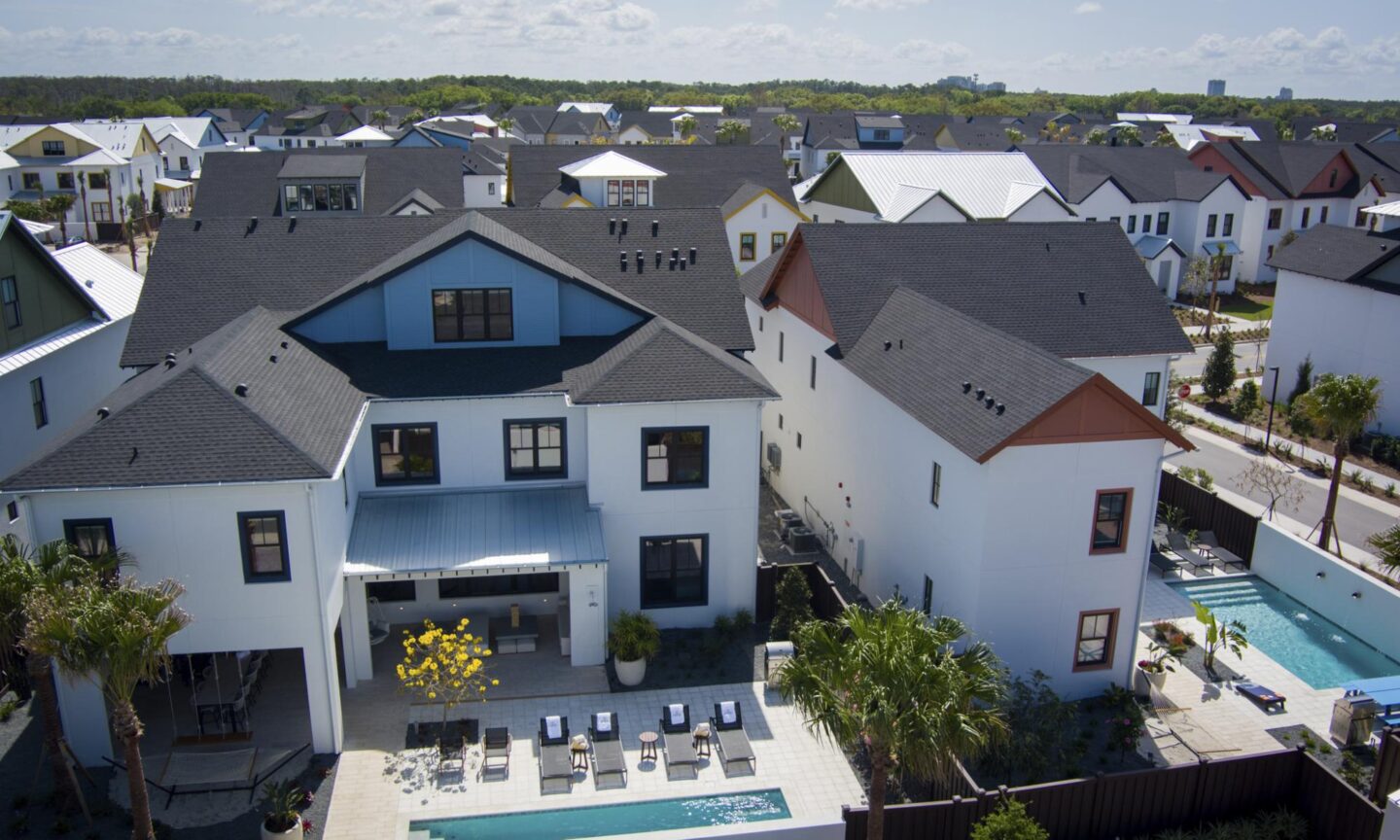Yes, many pundits are still warning about a recession in 2024.
Here’s one example. Richard Duncan did a Macro Watch fourth-quarter update. He pointed out that between 1952 and 2009, all nine times total credit (adjusted for inflation) grew by less than 2%, and the economy went into a recession.
ITR Economics also predicts a recession in 2024 based on a few key indicators. They have been over 94% accurate one year out since 1985.
Passive investing pro Jeremy Roll believes a 2024 recession is virtually certain. He believes we’ll see:
- Job losses
- Consumer spending decreases
- Stock market decreases (most likely crash)
- Federal Reserve rate cuts. It’s very difficult to predict the amount and degree of Fed rate cuts, but typically, recessions do cause the Fed to cut rates to help stimulate the economy. Based on past recessions, the amount of rate cuts that typically occur during the first 12 months once rate cuts begin is 100-125 bps, with additional rate cuts thereafter.
But Does the Economy Even Matter When Making Investments? Buffett Says No
Investing gurus Warren Buffett and the late Charlie Munger have insisted they never based an investment or divestment decision on the economy. They simply sought out solid, undervalued companies with durable products and great management teams.
Though their record shows this is generally true, we know one time when they deviated from this principle. In 2008, Berkshire Hathaway invested $5 billion in Goldman Sachs. This was in September 2008, at the very heart of the financial crisis.
But they didn’t invest in common equity. They invested in preferred equity. And they made a small fortune from this investment.
What Are We Up To?
My firm has been saying for years that we do the same thing in every economy. When multifamily syndicators swung for the fences (and hit it out of the park) in the late teens and early 2020s, we were swinging for singles and doubles. (We cheered them on while they made a small fortune for their investors.)
When multifamily syndicators swung for the fences (and got into big trouble) a little later in that cycle, we were still swinging for those same singles and doubles.
But investing in preferred equity is our one exception.
We are in an unusual window, offering asymmetric risk and return potential. We sincerely believe this is a rare and short window to lower investors’ risk and lock in higher-than-usual projected returns with preferred equity.
If you’ve been reading my posts for a while, you know why we love preferred equity. Here is an abbreviated list:
- Immediate cash flow, future upside, and shorter hold time.
- Payment priority ahead of common equity.
- Lower downside risk exposure than common equity.
- No lien, but often gets a personal guarantee from the sponsor.
- Receives depreciation tax benefits (as negotiated).
- Negotiated control rights in case something goes wrong.
- Negotiated MOIC floor-to-juice returns if taken out early.
Here’s the Takeaway—With a Huge Caveat
I’m going to recommend three assets for your consideration as we teeter on the verge of a potential recession.
Stick with the basics
In general, I recommend investors do the same thing they would ideally do in a great (or awful) economy: Invest in recession-resistant assets acquired below their intrinsic value (often from mom-and-pop/distressed operators) and now managed by professional operators.
As far as asset types, we like mobile home parks, RV parks, self-storage, industrial parks, and more.
Look for built-in equity at acquisition
I also recommend acquiring unusual investments with significant built-in equity at initial acquisition. I’m borrowing from Jeremy Roll’s playbook—he taught us about this asset type.
Recently, we invested in a tax-abated multifamily property. The operator negotiated a complex structure that provided 100% property tax abatement in a high-property tax state.
This asset was acquired for $80 million. The lender’s appraisal at closing (with the tax abatement in place) was $113 million. The equity invested at closing was $26 million. This equity grew by $33 million (over 126%) on day one, according to the new appraisal. (No, this was not a typo.)
That type of investment offers nice potential in any market. More importantly, in uncertain markets like these, it provides a wonderful margin of safety between net income and debt payment (long-term, fixed, and interest-only for years, by the way). This margin should be able to absorb financial and operational shocks (like insurance increases, flat rental rates, increased vacancy, and more), but there are no guarantees.
Invest in preferred equity
Obviously, I’m a big fan. And I’ve discussed why in several prior posts, like this one, another one, and a third.
Here’s the caveat I haven’t often discussed: We have identified four types of preferred equity:
- Acquisition (we do this)
- Recapitalization of existing property (we do this)
- Filling a gap behind new senior debt.
- Providing liquidity without having to replace the senior debt.
- Development (we haven’t done this, and we don’t plan to).
- Rescue capital (we haven’t done this, and only would in very special circumstances).
- Buying a rate cap.
- Refilling debt service reserves.
- Capital improvements to boost NOI with the hope of refinancing later.
I could write a post on these four types, and maybe I will. But suffice it to say that not all preferred equity is created equal.
For example, I don’t recommend you get lured by the siren’s song of rescue capital. Sure, it could work out okay. But remember that you’re not looking for the highest returns. You’re looking for the highest risk-adjusted returns. (If you want high returns, why not just play the lottery?)
Final Thoughts
If a 2024 recession materializes, you may find additional opportunities to buy distressed commercial and residential real estate assets. But don’t count on it being a repeat of 2008. It’s hard to imagine a scenario like that playing out again this time.
As for us, we’re not holding our breath for these big bargains to pan out in commercial real estate. With over $400 billion sitting on the sidelines, waiting to pounce on these assets, we doubt many of these opportunities will materialize, at least not for most of us.
Ready to succeed in real estate investing? Create a free BiggerPockets account to learn about investment strategies; ask questions and get answers from our community of +2 million members; connect with investor-friendly agents; and so much more.
Mr. Moore is a partner of Wellings Capital Management, LLC, the investment advisor of the Wellings Real Estate Income Fund (WREIF), which is available to accredited investors. Investors should consider the investment objectives, risks, charges, and expenses before investing. For a Private Placement Memorandum (“PPM”) with this and other information about the Wellings Real Estate Income Fund, please call 800-844-2188, visit wellingscapital.com, or email [email protected]. Read the PPM carefully before investing. Past performance is no guarantee of future results. The information contained in this communication is for information purposes, does not constitute a recommendation, and should not be regarded as an offer to sell or a solicitation of an offer to buy any security in any jurisdiction where such an offer or solicitation would be in violation of any local laws. All investing involves the risk of loss, including a loss of principal. We do not provide tax, accounting, or legal advice, and all investors are advised to consult with their tax, accounting, or legal advisors before investing.
Note By BiggerPockets: These are opinions written by the author and do not necessarily represent the opinions of BiggerPockets.






















Discussion about this post